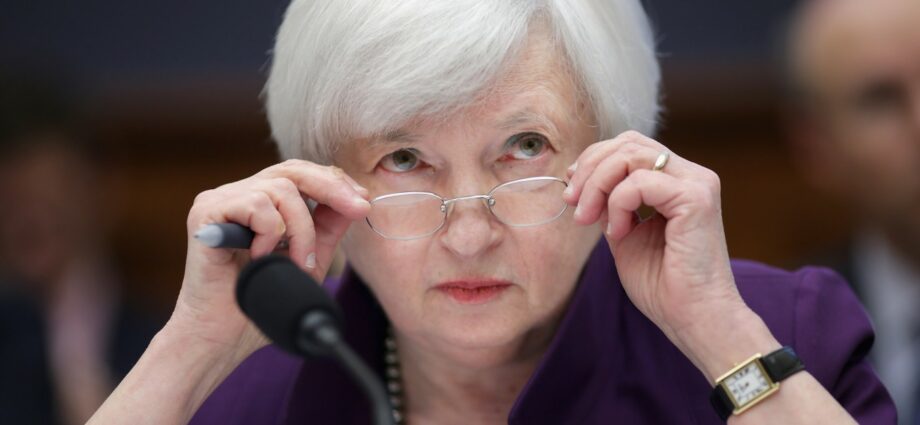Following a meeting of the Treasury’s Financial Stability Oversight Council (FSOC), a unanimously-supported report was published. The report identifies three key weaknesses in the current state of crypto regulation and calls for tighter government control over the future development of digital assets.
FSOC Report on the Future Regulation of Crypto Explained
While Secretary Yellen pointed out in her remarks on the report that “innovation is also one of the hallmarks of a vibrant financial system and economy,” she added that the same innovation, if not regulated, can potentially do more harm than good. A particularly painful area, according to the report, remains the growing interconnectedness of crypto and traditional finance.
Crypto-asset activities could pose risks to the stability of the U.S. financial system if their interconnections with the traditional financial system or their overall scale were to grow without adherence to or being paired with appropriate regulation, including enforcement of the existing regulatory structure.
The three weaknesses discussed all somewhat fit within this key passage and are applicable to some extent to regulators, companies, and investors. The first one mentioned is the lack of oversight of the spot market for tokens not considered securities—Bitcoin and Ethereum—although Ethereum’s status has recently been challenged by the SEC’s Gary Gensler.
The second issue mentioned talks about the opportunities for regulatory arbitrage and taking advantage of favorable legislation. The last gap discussed ponders whether crypto companies should be allowed to expand their reach to include services traditionally provided by third parties—these being mostly clearing houses and broker-dealers.
The report found that while the current regulatory framework somewhat maintains the separation between the risk associated with traditional, and digital assets, they can still have an adverse effect on one another. FSOC points towards events like the collapse of Three Arrows Capital and Terra LUNA as examples of instability within the crypto sector that could have profound ramifications.
The report was created due to, and in part as a response to the recent executive order 14067, Ensuring Responsible Development of Digital Assets. FSOC addresses several points within other such regulatory frameworks pertaining to crypto and calls both for the expansion and adjustment of the roles of current authorities, and the creation of new ones.
The Response From the Comptroller of the Currency
A notable response to the report came from the Office of the Comptroller of the Currency—an independent bureau within the Treasury Department. While this statement was generally positive toward the report, it emphasized several points it deemed key to the success of future crypto regulation.
With this in mind, I believe it is critical for the Council and Congress to prioritize Recommendation 4 regarding interagency coordination, Recommendation 5 regarding a federal prudential framework for stablecoin issuers, and Recommendation 6 regarding regulatory visibility and authorities over all of the activities of crypto-asset entities. Properly implementing these recommendations will help mitigate regulatory arbitrage and, thus, risks to financial stability.
Recently, questions on which agency should regulate the bulk of the digital assets market arose. A proposed bill from August sought to greatly diminish the role of the SEC with regard to crypto in favor of the CFTC—a move that could greatly alter the regulatory landscape as the Securities and Exchange Commission has undertaken the bulk of enforcement action within the sector, and taken the brunt of the criticism over it.
This article originally appeared on The Tokenist
Sponsored: Tips for Investing
A financial advisor can help you understand the advantages and disadvantages of investment properties. Finding a qualified financial advisor doesn’t have to be hard. SmartAsset’s free tool matches you with up to three financial advisors who serve your area, and you can interview your advisor matches at no cost to decide which one is right for you. If you’re ready to find an advisor who can help you achieve your financial goals, get started now.
Investing in real estate can diversify your portfolio. But expanding your horizons may add additional costs. If you’re an investor looking to minimize expenses, consider checking out online brokerages. They often offer low investment fees, helping you maximize your profit.
Source: Read Full Article

